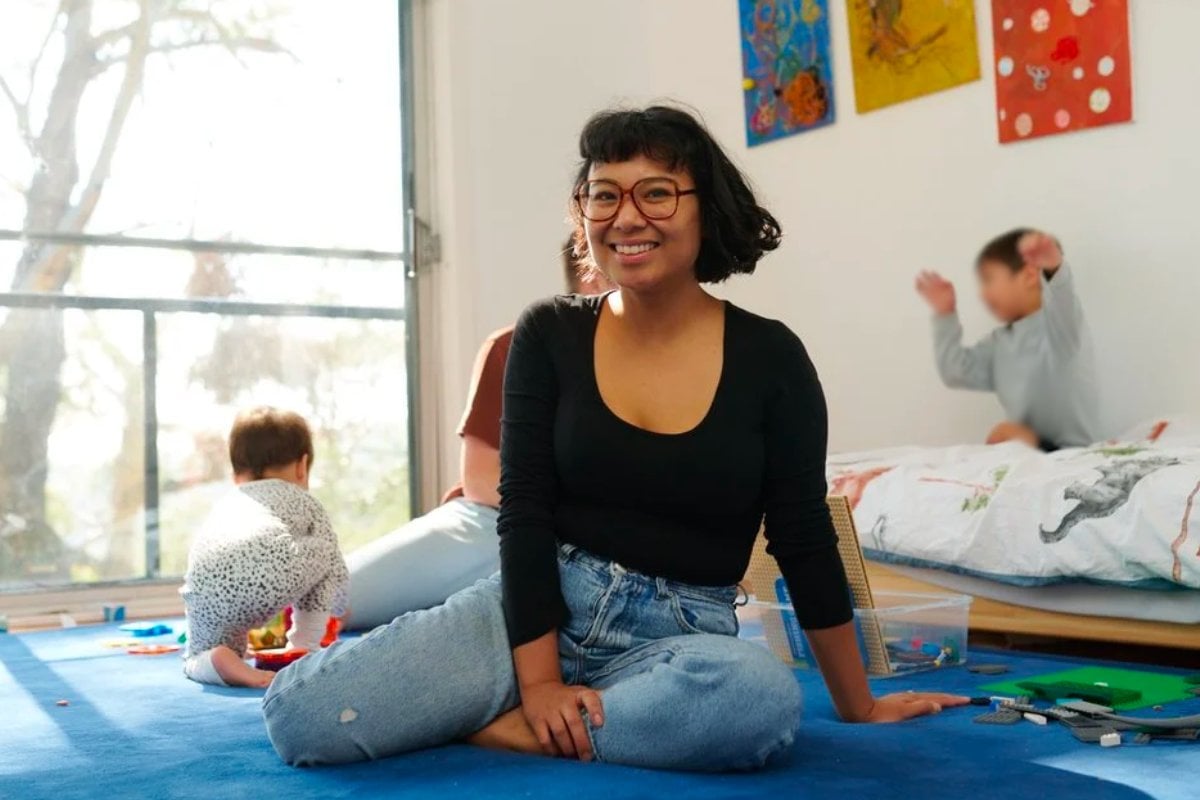
My husband and I have two kids, with many labels between us; autism, ADHD, anxiety, depression. Our diagnoses aren't the problem.
December 3 is the UN's International Day of People with Disability. One in five Australians have a disability. Research and experience tell us most of us will be disabled at some point. If you aren't now, you likely will be one day. But despite its normality, society still sucks at inclusion. We see disability as anomalous, tragic, or other.
Our problem is self-perpetuating. Public spaces feel or are inaccessible to disabled people. We aren't authentically represented in media. We don't see disability – despite its prevalence – and that reinforces our collective incompetence at inclusion.
Watch: Jess and Aimee discuss the representation of disability on TV and film. Post continues after video.
Our attitudes are products of the medical model, which insists that someone's medical condition or impairment causes disability. It views difference as a problem to fix. At its worst, it promotes ableism, the insidious belief that says disability lessens a person's value.
Ableism is often subtle, unintended; it’s why well-meaning people say awful things like "I'm sorry" when they hear my family are autistic. It’s why expectant parents say "I don't care about sex, as long as it's healthy." The implication being unhealthy babies are defective, unwanted.
It’s pervasive too; embedded in our institutions, laws and spaces. Schools and health services aren’t funded to support our kids, and disability access is tacked on at the end, rather than throughout design.





























































































